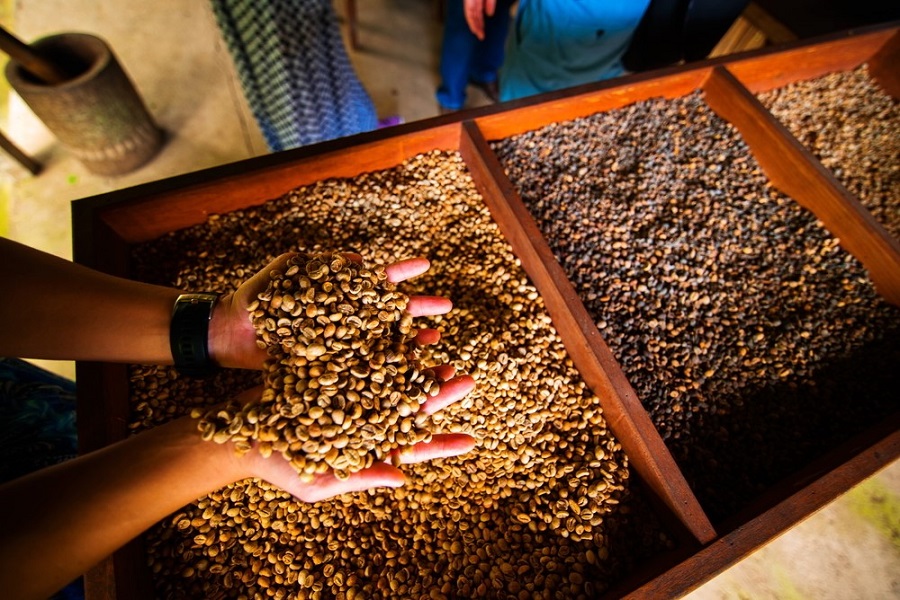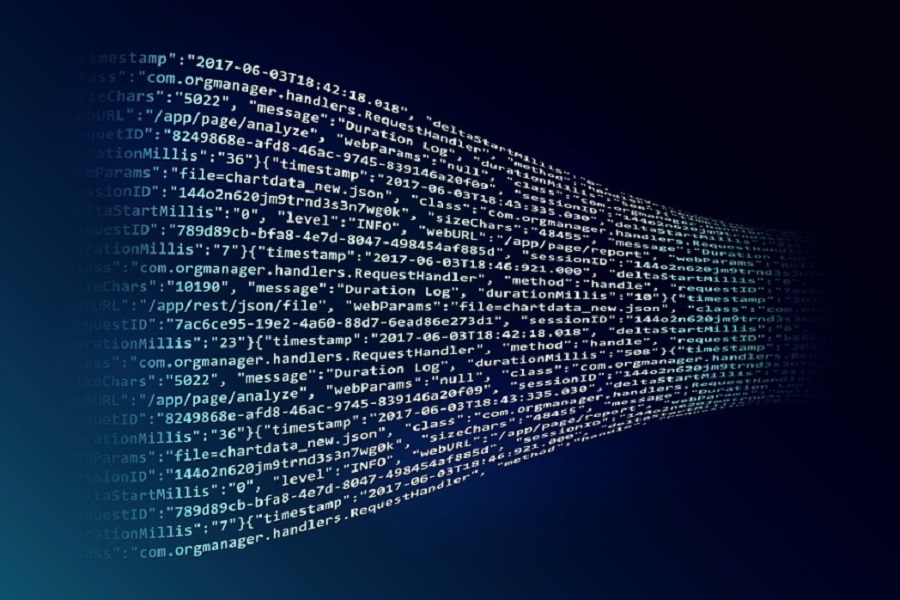"Blockchain isn't just for high-tech industries; it's helping coffee farmers in India get a bigger share of profits and is set to transform agriculture globally."
Blockchain technology is not just for high-tech industries; it's gradually becoming an important part of even the most traditional professions, including agriculture.
For example, India's Ministry of Commerce and Industry recently announced a blockchain-based e-marketplace for coffee producers. The marketplace is helping bridge the gap between coffee growers and buyers, allowing farmers to drastically increase their income. This initiative reflects a global trend of merging technological advances with agriculture.
Blockchain Is Boosting India's Coffee Producers
Coffee produced in India is a premium product, produced by farmers who grow their beans under shade, hand pick them and dry them in the sun. The coffee is sold at premium prices around the world, but the farmers receive only a small portion of the profits, because there are many layers of buying and selling between the grower and the final consumer.
The new blockchain-based marketplace app for trading Indian coffee brings growers closer to their ultimate customers, helping them earn fair pay and provide reliable traceability that allows consumers to trace their coffee from bean to cup. For customers, the ability to track the journey of the product they are buying can build trust. From the business perspective, that traceability can result in faster and more accurate recalls, reducing risk of food poisoning.
By using the online marketplace, growers no longer have to depend on intermediaries. They can interact directly with buyers and earn fair prices for their products. Exporters can also use the online marketplace to quickly find reliable suppliers and traceable coffee products to meet their needs.
When the Indian Coffee Board, a division of the Ministry of Commerce and Industry, introduced the e-marketplace in March 2019, a group of about 20 coffee farmers, exporters, importers, roasters and retailers were already registered on the platform from India and abroad.1
From a user perspective, the platform is easy to use. Coffee farmers can log their product credentials, including their relevant certificates, growing location and elevation, details about the crop and other information. For each lot of coffee sold on the marketplace, the system creates a block. That block and its credentials are then stored on the blockchain throughout its journey and are unalterable, creating a record known as a blockchain ledger.
A blockchain ledger is useful for all types of agricultural products because of its ability to record and update the status of crops — from planting and harvesting to storage and delivery. A secure, immutable ledger ensures that large agricultural operators never lose a load and that consumers can access the history and details of their food's background.
Agricultural Uses of Blockchain Are Expanding Globally
India isn't the only place where the benefits of blockchain technology are having a positive impact on agriculture. France and Ethiopia have also instituted blockchain marketplaces for coffee, and similar marketplaces are operating or under development around the world for other crops and agricultural products.
In China, for instance, e-commerce platform JD.com traces the production, selling and delivery process for beef raised in Inner Mongolia and purchased by customers in Beijing, Shanghai and Guangzhou. By scanning a QR code, a consumer or retailer can see the size and age of the cow, its diet, when it was slaughtered, when the meat was packaged and what the results of the food safety tests were. Another Chinese company uses ankle bracelets on chickens to record the details of each chicken's life using blockchain, providing assurance to consumers that the free-range chicken they're paying for is actually free-range.2
Analysts expect that the blockchain technology market for agriculture around the world will continue to escalate, growing 56.4% from 2018 to 2022.3 Blockchain marketplaces allow producers and buyers to view trade history, local prices and other information that allow them to negotiate prices with confidence. As food producers around the world continue adopting blockchain technology, they bring more efficiency to their supply chains, improving food safety and traceability, as well as profit margins and consumer trust.
Clearly, blockchain can bring about positive change in a variety of ways, but adopting and implementing the technology is much easier said than done. In an industry like agriculture, blockchain will have to reshape a decades-old framework, and that won't happen overnight. It's up to leaders everywhere to understand the value of this technology and get their teams on board with implementing it to achieve that value — even if it means starting small.
Sources:
1. "Coffee Board Activates Blockchain Based Marketplace in India." Press Information Bureau, 28 Mar. 2019, http://pib.nic.in/newsite/PrintRelease.aspx?relid=189586.
2. Peters, Adele. "In China, You Can Track Your Chicken On–You Guessed It–The Blockchain." Fast Company, 12 Jan. 2018, https://www.fastcompany.com/40515999/in-china-you-can-track-your-chicken-on-you-guessed-it-the-blockchain.
3. "Global Blockchain Technology Market in the Agriculture Sector 2018-2022." Global Banking & Finance Review, 26 Sep. 2018, https://www.globalbankingandfinance.com/global-blockchain-technology-market-in-the-agriculture-sector-2018-2022-market-to-grow-at-a-cagr-of-56-4-with-agriledger-full-profile-ibm-microsoft-ripe-technology-te-food-dominating-rese/.










